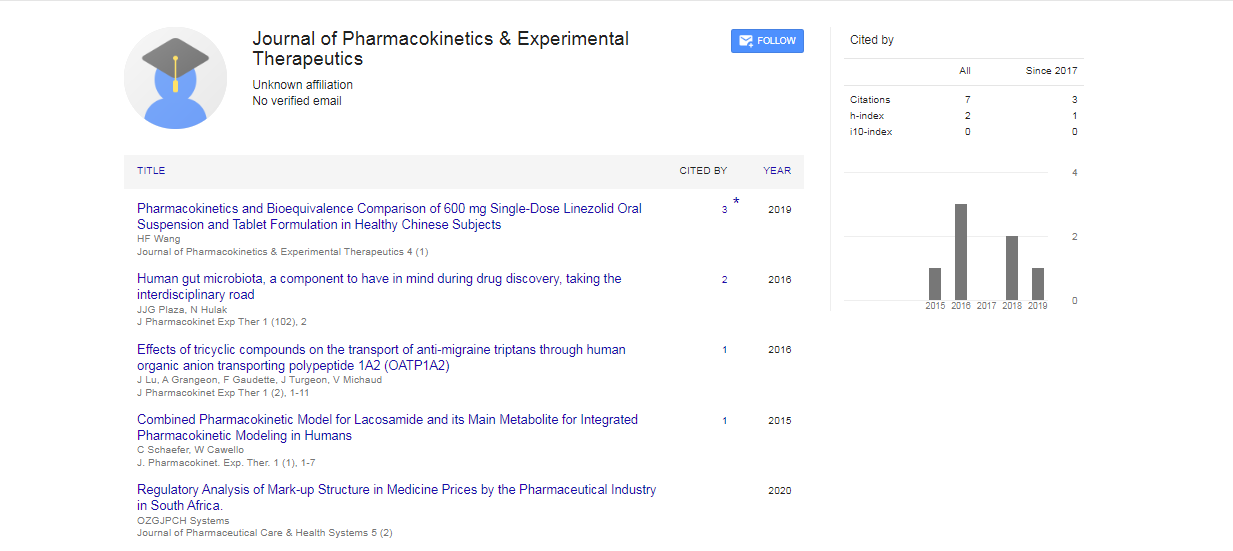Assessment of oxidative stress parameters in the kidney after the administration of nitrate in drinking water : an experimental study
*Corresponding Author:
Copyright: © 2020 . This is an open-access article distributed under the terms of the Creative Commons Attribution License, which permits unrestricted use, distribution, and reproduction in any medium, provided the original author and source are credited.
Abstract
Nitrate (NO3 -) is one of the inorganic anions produced from the oxidation of nitrogen. The organic or inorganic nitrogen may act as a carcinogen depending on the reduction of nitrate to nitrite and the subsequent reactions of nitrite with other molecules, leading to the formation of N-nitroso compounds. According to the results of the study, nitrate in drinking water and the prescription of Vitamin C had no significant effect in the presence of nitrate doses of 10 and 45 mg/L. However, a 200 mg/L dose of nitrate significantly affected BUN, serum creatinine, and oxidative stress indicators, causing the kidney disease.

 Spanish
Spanish  Chinese
Chinese  Russian
Russian  German
German  French
French  Japanese
Japanese  Portuguese
Portuguese  Hindi
Hindi 
